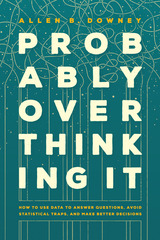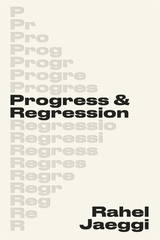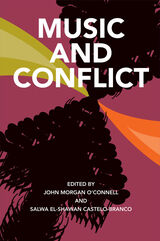

For the Suya, a Ge-speaking tribe of Central Brazil, nature and culture are perceived as fundamental opposites. Yet surprisingly few basic principles seem to underlie both Suya cosmology and society on their various levels—from the construction of villages and the classification of animals and humans to body ornamentation, dietary restrictions, myths, and curing chants.
In this integrated and far-reaching analysis, Anthony Seeger makes a significant contribution to the structural inquiry into lowland South American cosmologies begun by Levi-Strauss. He delineates various strata of the Suya world—perceptions of time and space, kinship, politics and medicine, groupings of animals, plants, and humans—and evolves a simple set of beliefs about nature and transformation that seems to govern all of them. His is an extremely rich and lucid account of the field methods, experiences, and observations that comprised the exploration into a hitherto unfamiliar tribe.
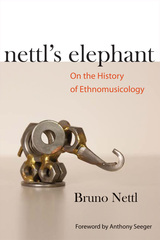
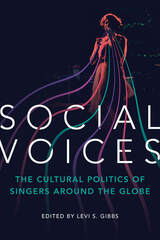
Around the world and across time, singers and their songs stand at the crossroads of differing politics and perspectives. Levi S. Gibbs edits a collection built around the idea of listening as a political act that produces meaning. Contributors explore a wide range of issues by examining artists like Romani icon Esma Redžepova, Indian legend Lata Mangeshkar, and pop superstar Teresa Teng. Topics include gendered performances and the negotiation of race and class identities; the class-related contradictions exposed by the divide between highbrow and pop culture; links between narratives of overcoming struggle and the distinction between privileged and marginalized identities; singers’ ability to adapt to shifting notions of history, borders, gender, and memory in order to connect with listeners; how the meanings we read into a singer’s life and art build on one another; and technology’s ability to challenge our ideas about what constitutes music.
Cutting-edge and original, Social Voices reveals how singers and their songs equip us to process social change and divergent opinions.
Contributors: Christina D. Abreu, Michael K. Bourdaghs, Kwame Dawes, Nancy Guy, Ruth Hellier, John Lie, Treva B. Lindsey, Eric Lott, Katherine Meizel, Carol A. Muller, Natalie Sarrazin, Anthony Seeger, Carol Silverman, Andrew Simon, Jeff Todd Titon, and Elijah Wald
READERS
Browse our collection.
PUBLISHERS
See BiblioVault's publisher services.
STUDENT SERVICES
Files for college accessibility offices.
UChicago Accessibility Resources
home | accessibility | search | about | contact us
BiblioVault ® 2001 - 2025
The University of Chicago Press




